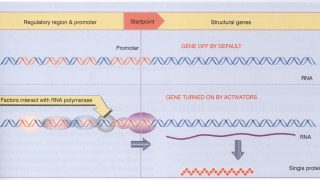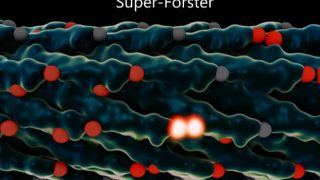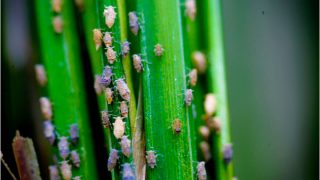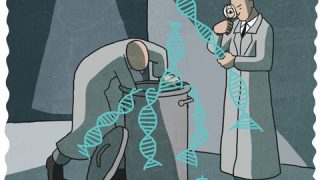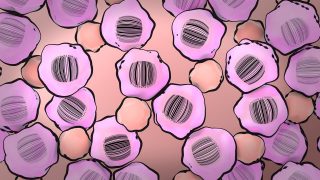
Lost Y chromosome
Anthropology • Biology • Evolution • Genetics
Neanderthals ( Homo neanderthalensis ) were a species –some say a subspecies although most authors consider there is enough evidence to consider them as a separate species– of human closely related to us. They were firstly discovered in a cave in the Neander Valley («Tal» in German), about 12 km east of Düsseldorf. There is […]

